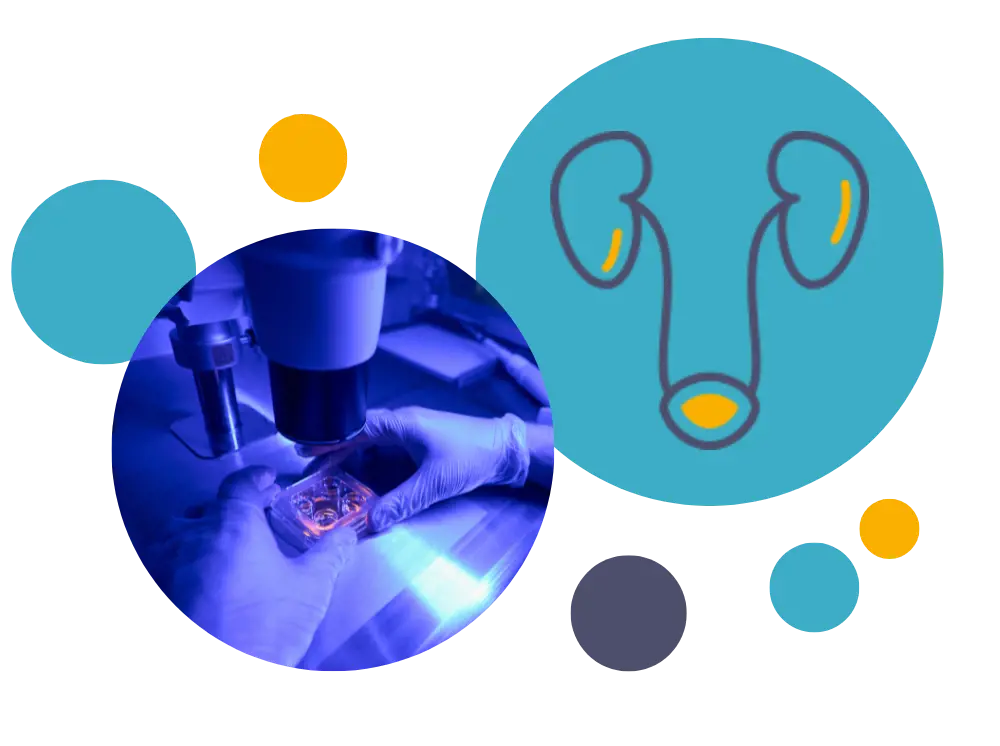Currently, prostate cancer is diagnosed through a blood test that detects raised levels of Prostate Specific Antigen (PSA), however, PSA is not specific only to prostate cancer and therefore further tests may be needed such as MRIs or uncomfortable prostate biopsies that can cause severe infections and bleeding.
Mr Colin Cutting and Dr Brendan Tinwell are leading the project, which will see patients with suspected prostate cancer provide a blood, urine and semen sample to be tested by the team through Raman spectroscopy.
Raman spectroscopy is a light scattering chemical analysis technique that provides details about chemical structure and molecular interactions. The non-destructive technique will analyse the samples to provide information on the proteins, fats and carbohydrates, as well as DNA and RNA (a nucleic acis present in all living cells.)
Changes occur in the levels of these when prostate cancer is present and identifying the differences should make it possible to distinguish between cancerous and non-cancerous cells, ultimately making a diagnosis.
Patients involved in the trail will have their usual management with MRI, prostate biopsies, and a confirmation of diagnosis, or lack of, by a pathologist. Biopsy samples will be analysed through the Raman spectroscopy and all data compared between men with and without prostate cancer to evaluate the effectiveness of the trial.
Mr Cuttings said: “Prostate cancer is the most commonly diagnosed male cancer, with more than 52,000 new cases in the UK 2018/19. The rate of mortality to prostate cancer incidence in the North West/North Wales is the second highest in England/Wales at 27% compared with 20% in London.
“Patients are often diagnosed at a later stage and invasive procedures can be a deterrent. Exploring alternatives to biopsies, which could be potentially delivered clinically locally to home via bio fluid assessment (urine/blood/saliva) would make an immediate impact for our patients. Ultimately, we hope our research could lead to less invasive and more accurate diagnostic tests for prostate cancer.”
North West Cancer Research is the region’s leading cancer charity, funding life-saving research and education to tackle the cause, improve the care and find the cure for cancer.
The charity is dedicated to putting the region’s cancer needs first through focussing on the types of cancer that affect people living across North West England and North Wales the most.

